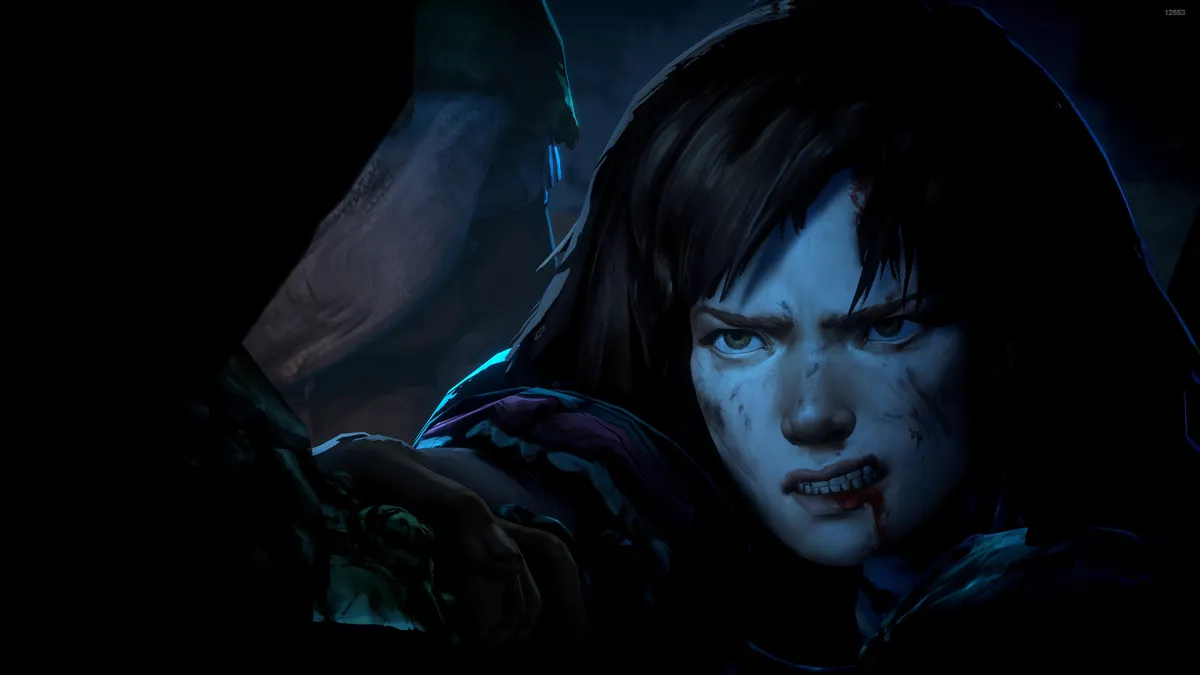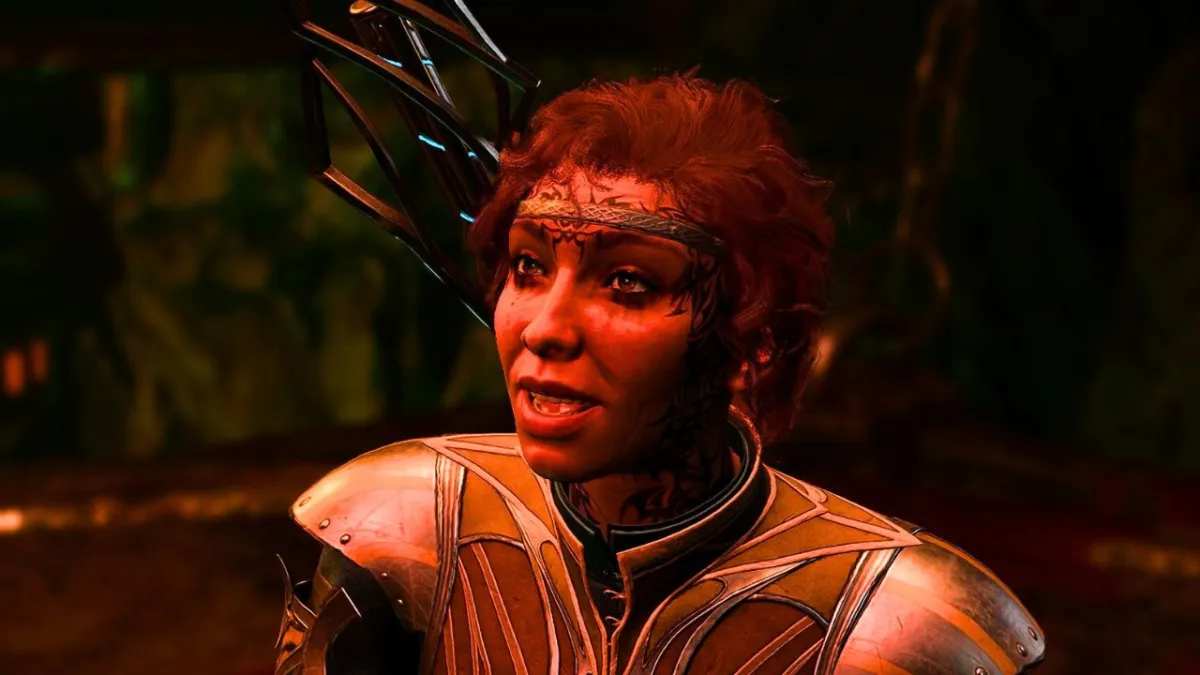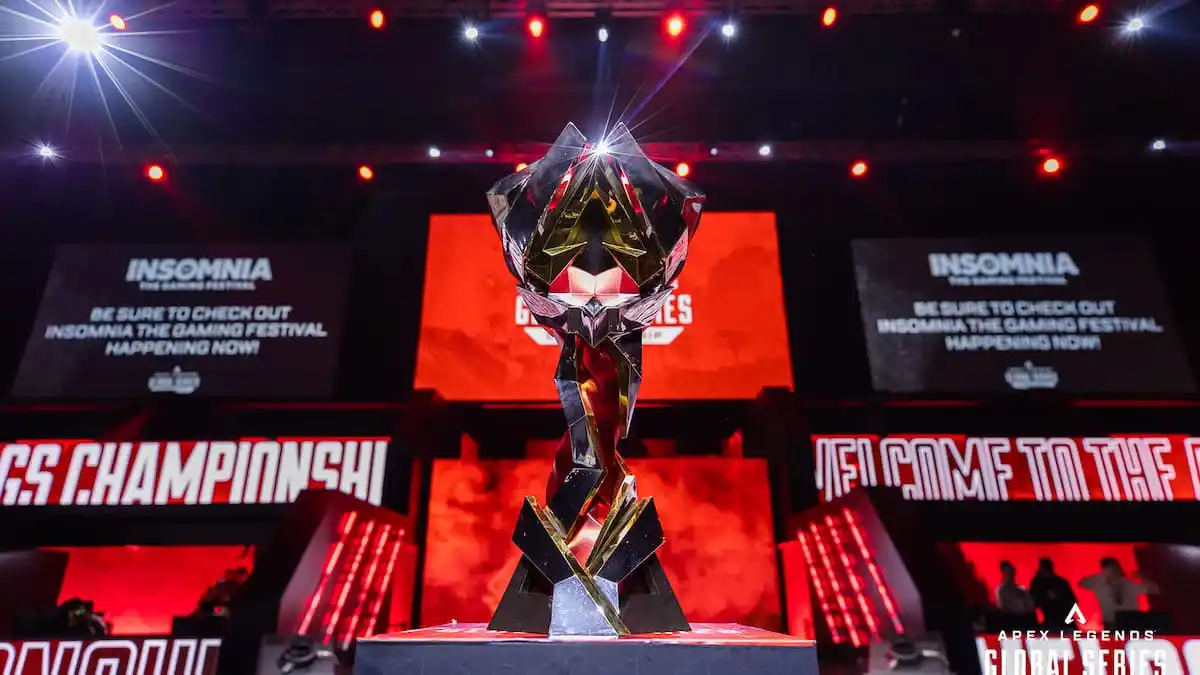Professional eSports teams are eager to sign international talent. Acquiring international players can make teams more valuable and competitive. As a result of the influx of foreign players into eSports leagues, like the League Championship Series (LCS), signing players collides with the legal realities of immigration law. Foreign eSports players entering the United States must petition the U.S. Citizenship and Immigration Services (USCIS) for a visa, which provides the player permission to enter into the United States and play for an eSports team.
Unfortunately, visa issues are prevalent throughout eSports. In the past week, we have seen three examples of eSports teams and players unable to play due to visa issues. In this article I will discuss the current visa issues, examine the “watershed moment” for eSports visas, and provide a primer on the most common visa options available to professional eSports athletes.
The eSports visa issues currently in the spotlight all relate to League of Legends teams and players in both the United States and Europe. First Echo Fox, a North American League Championship Series (NA LCS) team was forced to forfeit an LCS game because three players did not have the required visa allowing them to be work-eligible in the United States. Second, Unicorns of Love, a European League Championship Series (EU LCS) team, announced that Danil “Diamondprox” Reshetnikov will be unable to compete in EU LCS matches due to visa issues. Third, ROCCAT another EU LCS team also announced that Edward “Edward” Abgaryan will be unable to compete in EU LCS matches due to visa issues. Each of these announcements/visa issues have far reaching implications that will be discussed in depth below.
While writing this article news broke of a third EU LCS team and player that is also impacted by ongoing visa issues; H2K Gaming’s Yoo “Ryu” Sang-ook will likely have to sit out this week’s EU LCS games because Ryu does not currently have a work visa in Germany.
Echo Fox Visa Issues
Echo Fox, is a new addition to the LCS. The team was founded by former basketball player Rick Fox when he bought out Gravity Gaming’s NA LCS spot. As of December 18, 2015 the team did not have a single player signed to play for the upcoming 2016 spring split. That all changed by January 2, 2016 when it was announced that Henrik “Froggen” Hansen, Anthony “Hard” Barkhovtsev, Yuri “Keith” Jew, Terry “BIG” Chuong, and Park “kfo” Jeong-hun were all signed to contracts. Only two of the five players are American citizens – Yuri “Keith” Jew, Terry “BIG” Chuong. The other three players were all international eSports athletes that require P-1 visas to play.
Signing the players to contracts a mere two weeks prior to the start on the NA LCS season on January 16 left little time for Echo Fox to acquire the necessary visas required for the players to compete. The visa process is very complex and at a minimum requires three weeks to complete. As a result, during the first week of the NA LCS, Froggen, kfo, and Hard were all likely playing on tourist visas – which explicitly prohibit working in the United States. By working in the United States without the proper visa, these players may be subject to removal (deportation) or denial of re-entry into the United States. It is imperative that teams and players acquire the required P-1 visa as working in the United States under a tourist visa exposes both the team and player to liability.
Other NA LCS Visa Issues
In addition to the Echo Fox forfeit due to visa issues, Renegades AD carry Ales “Freeze” Knezinek may have run into the same problem. Renegades cited “personal reasons” in their press release for Freeze’s inability to play – however, the Daily Dot reports that he apparently does not have a P-1 visa. Renegades, unlike Echo Fox, was able to find a substitute player and submit a valid roster in time to avoid any penalty.
European League Championship Series
Unicorns of Love, ROCCAT, and H2K Gaming all are facing similar visa issues. Each team has a player that does not have a valid visa/work permit in Germany. The issue arises because German law does not recognize eSports as a job/profession. This prevents players that live outside of the European Union (EU) from obtaining a visa/work permit. Note, citizens of an EU country are not required to obtain a visa/work permit to work in another EU country.
Who Is To Blame For These Visa Issues?
First and foremost, the teams and organizations are 100% responsible to make sure their players are work eligible. eSports teams cannot claim they did not know the requirements. These teams and organizations are no longer groups of friends competing together – they are sophisticated multi-million dollar businesses and must hold higher standards. Visa issues have been wildly known for years now, and any organization signing an international player cannot rely on ignorance of the law. Knowingly bringing players in on tourist visas to work in the United States is illegal and subjects the player and team to liability.
Rick Fox, the owner of Echo Fox, in comments to the Daily Dot seemed to plead ignorance of visa requirements for international athletes. As a former NBA player himself, he was aware or should have been aware of the need for international athletes to secure P-1 visas. The way Echo Fox states they were “informed of potential compliance issues” attempts to pass the responsibility to acquire P-1 visas off of the organization. It should have been apparent that when they signed Froggen, kfo and Hard that they did not have P-1 visas to play in the United States and that tourist visas were inadequate. In addition, it is no excuse to state that the organization was “barely three weeks old.” Whether or not the organization was new, Echo Fox employed people who knew or should have known the visa requirements. The organization should have had a plan in place to acquire subs to play legally while they secured the P-1 visas for their international players.
The responsibility to acquire visas also falls on the players themselves. When petitioning for a visa with the USCIS there is no question of whether or not you can work on a tourist visa. Players knowingly went through the visa process without securing the proper visa. They knew they were coming to the United States to work and play – not to go to Disneyland.
Riot Games is responsible for applying the LCS Rulebook and ensuring that all players on each team are work eligible to play in the LCS prior to the start of the LCS season. Previously, it appears that Riot Games took a passive stance on work eligibility – stating that “[o]ur previous work eligibility process was based on guarantees made by teams as well as high level spot checks of visa paperwork.” Riot Games recognized the inadequacy of this approach after “multiple teams question[ed] the eligibility status of multiple foreign players [on Echo Fox].” I commend Riot Games for taking quick action and changing the process to check for work eligibility.
Evaluating the EU LCS situation is more difficult as I am unfamiliar and not licensed to practice EU law. However, it seems that Riot Games should have performed at least some preliminary research to determine the viability of players obtaining visas/work permits to play in Germany. A cursory review shows that citizens of EU nations are not required to obtain visas, but clearly that is insufficient as Diamondprox (Russian), Edward (Armenian), Ryu (South Korea) are unable to acquire visas/work permits due to Germany’s antiquated law.
eSports P-1 Visa “Watershed Moment”
In July 2013, after six months of lobbying the USCIS, Riot Games announced a “watershed moment” for eSports. For the first time, international players can move to the United States under P-1 visas, which are provided for professional athletes. This truly was an amazing accomplishment by Riot Games. It was a long process, in which they proved that eSports is a “consistent, viable career path and people can make a living playing games.” Riot Games was able to validate eSports as a sport with the same designation as MLB, NFL, NBA and NHL.
Riot Games successfully opened the gates for League of Legends players and other eSports players to play in the United States under P-1 visas. However, this was only the beginning. As we can see with the many visa issues this past week, acquiring visas to play eSports is still a battle. For every player or team that successfully acquires a visa there are many who are still denied: EHOME, Leffen, Invictus Gaming, LGD, Dexter, Max Simpson, Xmithie, Brave Ozone, Jebus Team Dragon Knights, Gambit Gaming, and Brokenshard are all organizations or players that have struggled with visa issues since the USCIS recognized eSports as a sport. This is an issue that every eSport, not just League of Legends, faces whenever a team attempts to sign international talent.
Visa Options for Professional eSports Players
Professional athletes are authorized to come to the United States as temporary nonimmigrant workers under the Immigration and Nationality Act of 1990. The most common visa option available to professional athletes is the P-1 Internationally Recognized Athlete, which is widely used by all North American professional sports leagues. I will also review some other visas that players have used including “tourist” visas.
P-1
In order to obtain P-1 status an eSports player must establish that he or she is “coming to the United States to participate in an individual event, competition or performance in which you are internationally recognized with a high level of achievement; evidenced by a degree of skill and recognition substantially above that ordinarily encountered so that the achievement is renowned, leading or well known in more than one country.” In order to successfully petition the USCIS an applicant needs:
- A written consultation from an appropriate labor organization,
- A copy of a contract with a major U.S. sports league or team,
- An explanation of the event and itinerary,
- And documentation of at least two of the following:
- Evidence of having participated to a significant extent in a prior season with a major U.S. sports league,
- Evidence of having participated to a significant extent in international competition with a national team,
- Evidence of having participated to a significant extent in a prior season for a U.S. college or university in intercollegiate competition,
- A written statement from an official of a major U.S. sports league or an official of the governing body of the sport which details how you or your team is internationally recognized,
- Evidence that you or your team is ranked, if the sport has international rankings,
- Evidence that you or your team has received a significant honor or award in the sport.
An approved P-1 visa provides an athlete with an initial grant of five years of valid status and work authorization in the United States. This initial grant can be extended until the athlete has spent a total of ten years in P-1 status.
Tourist Visas, B-1, B-2 and Visa Waiver Program
In the past, many eSports players have entered into the United States under a B-2 visa or a “Tourism and Visit” visa. Under a B-2 visa you can: tour, vacation, visit with friends or relatives, receive medical treatment, participate in social events hosted by fraternal, social or service organizations, participate in amateur musical, eSports or similar events or contests if not being paid to participate, and enroll in a short recreational course of study not for credit toward a degree.
The other common option for many players was to enter into the United States under the Visa Waiver Program (VWP). The VWP permits citizens of 38 countries (notably including: South Korea, and Denmark among other relevant countries for eSports talent) to travel to the United States for business or tourism for stays of up to 90 days without a visa. Note that “business” as it relates to the VWP is limited to consulting with business associates, attending scientific, educational, professional or business conventions/conferences, settling an estate, and negotiating a contract.
Both the B-2 visa and the VWP limit eSports players’ options while in the United States. Entering on a B-2 visa with the intent of being paid to play games is in violation of the visa. The B-2 visa should not be used by eSports players at all. Instead, players may consider entering the United States under the VWP (if applicable) to negotiate their contract. Negotiating a contract in the United States is explicitly allowed. However, upon entering into the contract the player would need to acquire a P-1 visa to play in the United States.
An additional option for players is to enter the United States under the B-1 visa, which allows visa holders to consult with business associates, attend scientific, educational, professional or business conventions/conferences, settle an estate, and negotiate a contract. Again, once the contract is entered into the player will still need a P-1 visa to actually play for a U.S. eSports organization. Importantly, under the B-1 visa, an eSports player can enter the U.S. to negotiate a contract and upon entering into the contract request that the USCIS change your nonimmigrant status to P-1 without having to leave the country. While a player still needs to ultimately successfully petition the USCIS for a P-1 visa, there are multiple visa options that a player and team can pursue to legally allow the player to enter the United States.
Where Do We Go From Here?
With multiple reports of players not having the required visa to play in the LCS, other players and teams are bound to run into similar issues. Playing on tourist visas, and not on a valid P-1 visa, puts players and teams at risk. We witnessed the first-ever incident of Riot Games forcing a team to forfeit due to visa issues. In addition, both the team and players may face fines from Riot Games. Nick Allen, former director of eSports at Riot Games suggested that Echo Fox may be fined $10,000.00 for such an infraction. As players have played games while breaking Rule 1.3 of the LCS Rulebook it is a valid question to ask if Riot Games will vacate wins because teams have used players that are not work eligible.
Riot Games’ enforcement of Rule 1.3 further calls into question player eligibility during the both the North American and European Challenger Series and its Qualifiers. International players cannot acquire P-1 visas prior to Qualification for the NACS because at that point teams are still amateur and not associated with any league. The future participation of international players in the Qualifiers is in doubt.
Riot Games should review options for moving the EU LCS outside of Germany if the visa issues for non-EU players cannot be solved. Countries like France, which is in the process of recognizing eSports as a sport are much more likely to be visa-friendly for non-EU citizens, while still allowing EU players to participate without visas or work permits.
Finally, the visa issues present potential issues related to the location of events like the World Championships and All-Stars. Riot Games will need to carefully evaluate the ability of players to obtain visas – which may result in a single location or limited rotation of locations for premiere eSports events.




